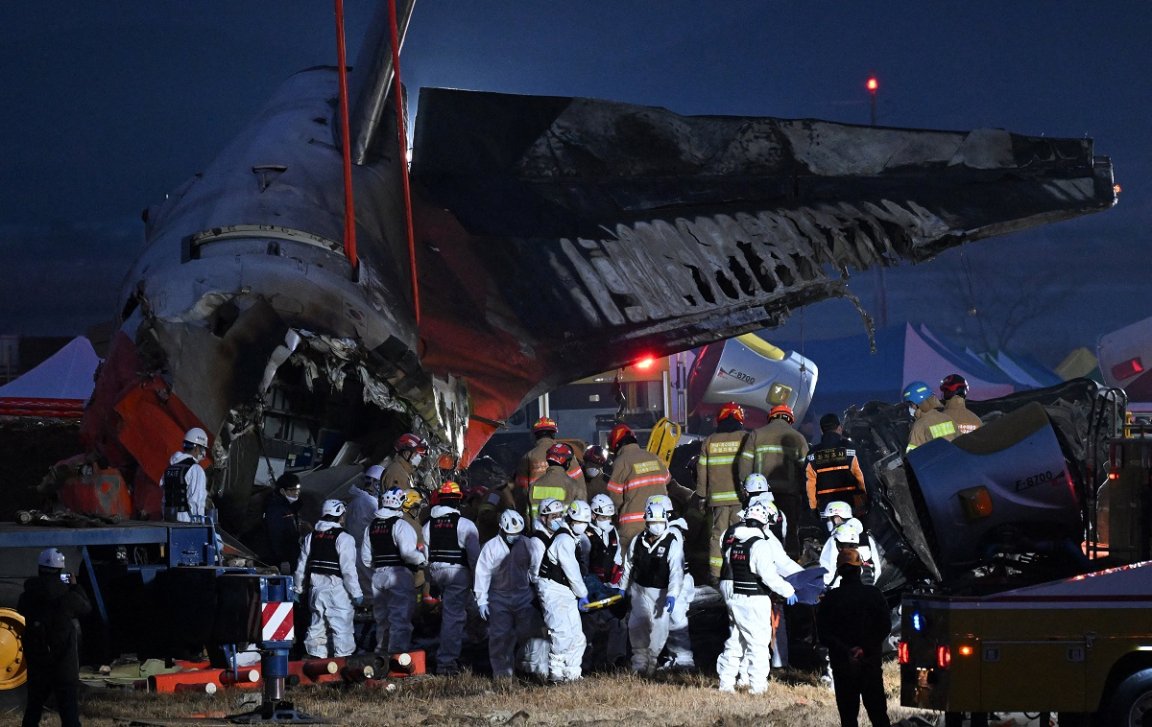
Localizer Tragedy
In South Korea, a jet quite literally crashed and burned when it hit a wall that was placed at the end of an airport runway, killing 179 passengers.
As the BBC reports, the pilot of the Jeju Air plane reported to the control tower at Muan International Airport that the Boeing 787-800 jet had struck a bird and needed to make an emergency landing.
Despite failing to deploy its wheels and other gear, the emergency landing was looking okay — until the plane crashed into the concrete structure atop a dirt embankment at the end of the runway. That wall held a navigational system called a localizer that’s meant, ironically, to help planes land safely.
While localizer structures are common at airports, they’re generally not supposed to be placed at the end of runways like the one at Muan, experts told the BBC.
Air safety specialist David Learmont told the broadcaster that if the “obstruction,” as he called the localizer structure, hadn’t been positioned in such an inopportune place at the end of the runway, the jet “would have come to rest with most — possibly all — those on board still alive.”
Christian Beckert, a Lufthansa pilot out of Germany, was even more blunt: “Normally, on an airport with a runway at the end, you don’t have a wall.”
Hard and Fast
Beyond the positioning of the structure itself, longtime pilot Chris Kingswood told the BBC that there was something else strange about the wall: that it was just so hard.
“Obstacles within a certain range and distance of the runway are required to be frangible,” the veteran pilot said, “which means that if an aircraft strikes them that they do break.”
“It does seem unusual that it’s such a rigid thing,” he continued. “The aircraft, from what I understand, was travelling very fast, landed a long way down the runway, so it will have gone a long way past the end of the runway.”
In the wake of the stunning crash, which is one of the world’s worst in recent years, reports emerged that Muan officials had previously flagged that the wall was indeed too close to the runway.
Instead of changing it immediately, however, the embankment was to be “reviewed” upon a planned expansion.
More on planes: Dimwit Americans Are Looking at the Night Sky and Mistaking Stars and Airplanes for “Drones”